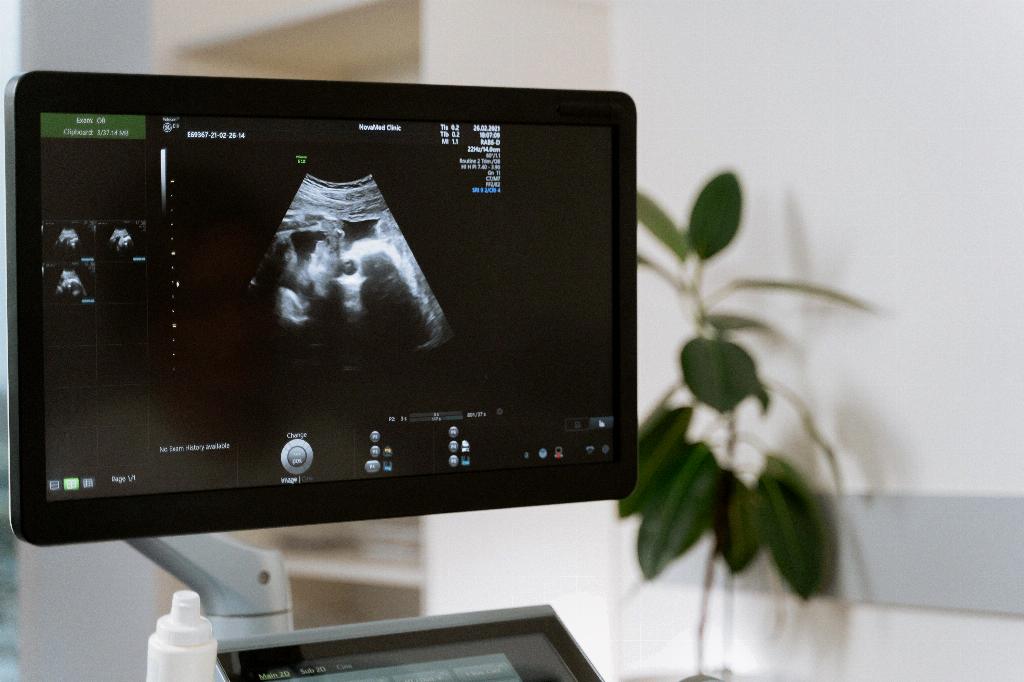When it comes to early pregnancy, it’s essential to be aware of the signs and symptoms your body may be experiencing. Among these, cramping can be a common occurrence that raises questions and concerns. So, how do you differentiate between ordinary period cramps and potential early pregnancy cramps?
Distinguishing Characteristics
One way to differentiate between period cramps and early pregnancy cramps is by considering the areas where you feel the discomfort. Period cramps often focus on one side of the lower abdomen due to the release of an egg from an ovary. In contrast, early pregnancy cramping may be more widespread, affecting the entire lower abdomen, pelvic region, or even the lower back.
Intensity and Duration
Another aspect to pay attention to is the intensity and duration of the cramps. Period cramps are typically known for their sharp and intense nature, often lasting for a few days. On the other hand, early pregnancy cramps are usually milder and shorter in duration, resembling a dull ache or mild twinges that come and go.
Accompanying Symptoms
Early pregnancy cramps may be accompanied by other symptoms that can help differentiate them from regular period cramps. These symptoms may include implantation bleeding, which is light spotting that occurs when the fertilized egg attaches to the uterine lining, as well as breast tenderness, nausea, and fatigue.
Timing and Menstrual Cycle
Considering the timing of the cramps in relation to your menstrual cycle can also provide clues. If you are experiencing cramps around the time your period is due, it could be a sign of early pregnancy. However, it’s essential to note that not all women will experience cramps as a sign of pregnancy.
Listen to Your Body
Ultimately, the best way to know if you are having early pregnancy cramps is to listen to your body and stay attuned to any changes or sensations you may be experiencing. If you suspect you may be pregnant and are unsure about the cramps you are feeling, it’s always a good idea to consult with a healthcare provider for personalized advice and guidance.
Seeking Professional Guidance
Seeking professional guidance can provide you with the reassurance and information you need during this time. Your healthcare provider can perform tests to confirm pregnancy and address any concerns you may have about the cramping or other symptoms you are experiencing.
Creating a Support System
It’s essential to have a support system in place during early pregnancy. Whether it’s a partner, family member, or friend, having someone to talk to about your concerns and experiences can be incredibly beneficial for your emotional well-being.
Self-Care and Relaxation
Engaging in self-care practices and relaxation techniques can help alleviate stress and discomfort associated with early pregnancy cramps. Taking time for yourself, practicing relaxation exercises, and getting adequate rest can all contribute to a healthier and more comfortable pregnancy journey.
Monitoring Your Symptoms
Keep track of your symptoms and how they evolve over time. If you notice any concerning changes or persistent discomfort, don’t hesitate to reach out to your healthcare provider for further evaluation and guidance.
Final Thoughts
In conclusion, early pregnancy cramps can be a normal part of the early stages of pregnancy, but it’s essential to be vigilant and aware of any unusual or severe symptoms. By understanding the differences between period cramps and early pregnancy cramps, listening to your body, seeking professional guidance, and practicing self-care, you can navigate this crucial time with confidence and peace of mind.

